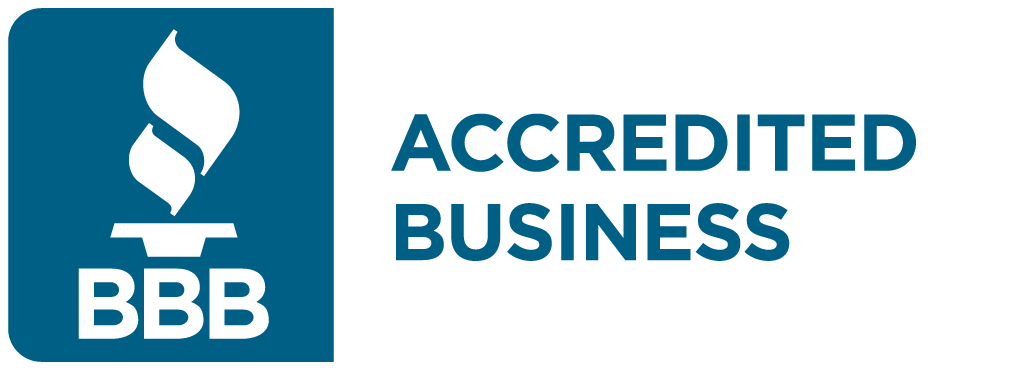Effective Cover Letter Writing
Writing an effective cover letter can be challenging and frustrating for job seekers. Many will stare at the page not sure what to say, while others will end up writing a mini novel that takes up the full page and perhaps more.
Effective cover letters need to be concise, convey your value and call the reader to action. This article breaks down the key elements of an effective cover letter that will give you the framework to use for repeated success.
Cover Letter Basics
The format for writing an effective cover letter generally starts with the date at the top. You will want to have your contact information (name, address, city/state/zip, email, phone) either a few lines down in the classic business letter format or included in the letterhead at the top of the page. Either way is acceptable but no need to do both. Following your contact information should be the contact information for the person to whom you are sending the letter. Sometimes you might not know the person’s name as it is not included in the job posting. If you can do some research to find out who it is specifically then it is a nice touch to include. When it is not available, you can either address it generally or leave the information out.
The salutation should be addressed formally unless you have made direct contact with the intended person. For example, if you have never met Jane Smith, or communicated via phone or email, then it should be addressed to “Ms. Smith.” However, if you have had contact with Jane Smith then it would be acceptable to address it to “Jane.” When you use the person’s given name it adds more personalization to the letter and it helps put you on a level playing field. Some might prefer to keep it more formal if the organization is a little more rigid in its culture.
If you do not know the person’s name then you can use a general salutation such as, “Hiring Manager” or “Search Committee.” A colon is generally the accepted punctuation for the salutation. Everything on the cover letter should be left justified so that it all lines up on the left side of the page. This is the classic business format.
Three Concise Paragraphs
When writing an effective cover letter, it should all fit on one page unless you are applying for an academic leadership position or for one that gives specific instructions for lengthy inclusions in the letter. For all others, keep it short, simple and to the point. The few people who will read the cover letter will want to scan it quickly and get the gist of who you are, what you want and what you bring to the table.
The first paragraph is the introductory preamble. You simply want to introduce yourself, what prompts you to write and a positive statement about your candidacy. You do not have to restate your name because it is listed above and will be listed again below.
For example:
I learned of the opening you have for the senior vice president / chief operating officer position recently and wanted to submit my information to review as a candidate for the position. In my enclosed resume you will see my qualifications closely match the requirements you seek. I believe my experience and skill sets would add significant value to your company.
The second paragraph should briefly highlight your strengths of what you bring to the table. Why should they care? How can you help them? You can list some of your biggest accomplishments here. Try to directly address some of the key points the company listed in their job description. The easiest way to sell anything to anyone is to help them get what they said they want.
For example:
In the job posting, I noted with specific interest that you seek a leader who has great experience leading an organization through periods of rapid growth and scaling up. I have led two such companies through times of rapid growth. In the first, XYZ Inc., we successfully increased revenues by 145% in less than three years and grew our workforce by 80%. With the second company, ABC International, we successfully expanded into 14 new countries over a two-year period. Additionally, I bring great experience in the fields of supply chain management, M&A and Lean Six Sigma processes which you mentioned were similarly important.
The third paragraph should direct them to your resume, or your LinkedIn profile, to learn more. It should also include a call to action to prompt them to take the step you want. Ideally, you want them to schedule an interview with you so you can go into even greater detail of why they cannot live without you. The call to action should be confident and a little assumptive that they would want to take this step. It should not be a pleading or begging kind of statement. Confidence sells. Begging is a turn off.
For example:
Enclosed, please find a copy of my resume, which also shows a link to my LinkedIn profile. I appreciate your consideration and look forward to the opportunity of visiting to make arrangements.
Closing the Cover Letter
Recent research published in an article in Fast Company , showed the very best way to close a letter or email was with a statement of gratitude. The researchers analyzed more than 350,000 emails to see which ones generated the highest response rates. The closing that scored the best was, “Thank you in advance.” It is hard to argue with such strong data. If you want to increase your chances of getting a good response, close your letter with the one that scored the best, “Thank you in advance.”
Customize the Cover Letter; Not the Resume
Many job seekers want to customize their resume for every application they send. Usually this is because they read an article written by someone who owns a resume-writing service that this is the secret to securing an interview. While there might be a few minor bonus points one might pick up from customizing the resume, the downsides far outweigh the benefits. The time you would need to invest in customizing your resume for each application is enormous. The opportunity to introduce typos and formatting errors that go undetected are also not worth the risk. Then, good luck keeping track of which company has which version of your resume when you are called for an interview.
Instead, use the cover letter as your tool to specifically address what is important to that employer. Carefully read the job description to pick out the items that are important to the employer and play to your strengths. Highlight those key things in the second paragraph of the targeted cover letter you send. Carefully review your cover letter, especially if you use one you’ve already written to another employer as your starting point. If you fail to change the specific details in the cover letter so that the recipient can tell you were reusing one from a previous application, it can doom your chances. Slow down and read it carefully. Then, save the file with a file name that identifies the employer you are targeting. Don’t forget to change the file name when you make a new cover letter.
CONCLUSION
An effective cover letter still plays an important role in the application process. Keep it concise. Highlight your value that specifically addresses what the employer needs. Close by calling them to action to secure the interview. Once you write the first one using this framework, the next ones become much easier. While cover letters still require some time to write, the bonus points you receive in writing a good one can be the difference maker.
About Endeavor Agency
Endeavor Agency is the nation’s leading company helping individual executives, VPs, senior managers, professionals, and physicians find the jobs they truly want. Our additional resources, expertise, and career change specialists help our clients uncover more and better job opportunities than what they could access on their own.
Endeavor Agency helps rebrand clients to effectively communicate their value throughout the interview process and increase their odds dramatically of winning offers. Additionally, Endeavor Agency helps clients achieve better results in negotiating the terms of their employment agreements.
Endeavor Agency also provides executive coaching, outplacement services, and business consulting services. Endeavor can also help guide executives focused on the private equity and venture capital market segments.











